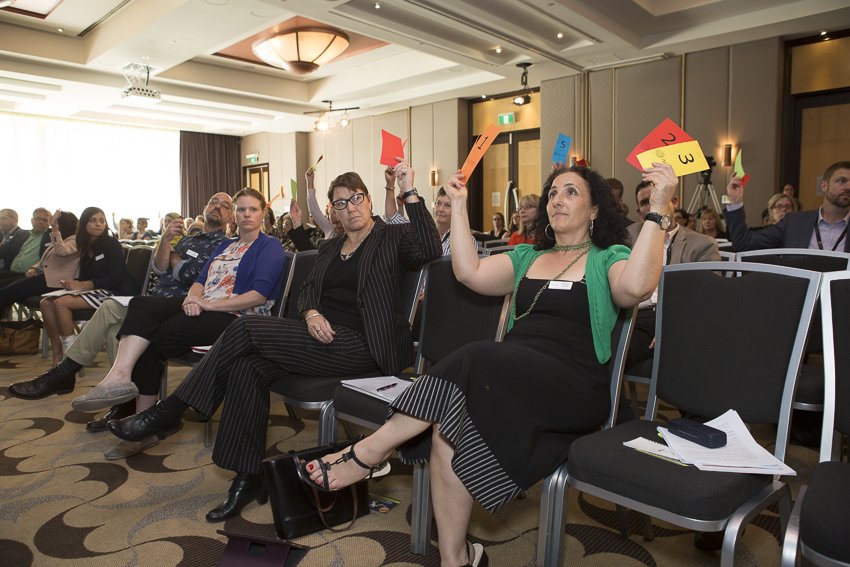Changes to ACFID’s Constitution

ACFID members passed a number of changes to ACFID’s Constitution at the Annual General Meeting to support the delivery of the organisations new five-year Strategic Plan for more information view here.
These changes included ACFID’s Executive Committee shifting to a Board – reaffirming its focus on governance, matters of strategy, risk and accountability – and the introduction of a cap on Board appointments of two three year terms. To coincide with the shift to a Board, ACFID’s ‘Executive Director’ role will become a ‘Chief Executive Officer’ focused on leading the organisation accountable to the Board.
A further change voted through by ACFID members was to reduce ACFID’s governance committees from six to two. The two remaining governance committees are the Finance and Audit Committee and the Code of Conduct Committee. Other ACFID committees such as the Development Practice Committee and Humanitarian Reference Group will evolve into management-mandated expert advisory committees which will drive strategic agendas and provide high level strategic advice to ACFID.
ACFID Board.
The results of elections of new ACFID Board members were announced at the ACFID Annual General Meeting. ACFID President Sam Mostyn was re-elected for another two years, Vice President and Treasurer Nigel Spence (ChildFund Australia) was re-elected for a three year term. Directors Brian Doolan (Fred Hollows Foundation), Dr Helen Szoke (Oxfam Australia), Joanna Hayter (International Women’s Development Agency) and Matthew Maury (TEAR Australia) were all re-elected for three year terms.



